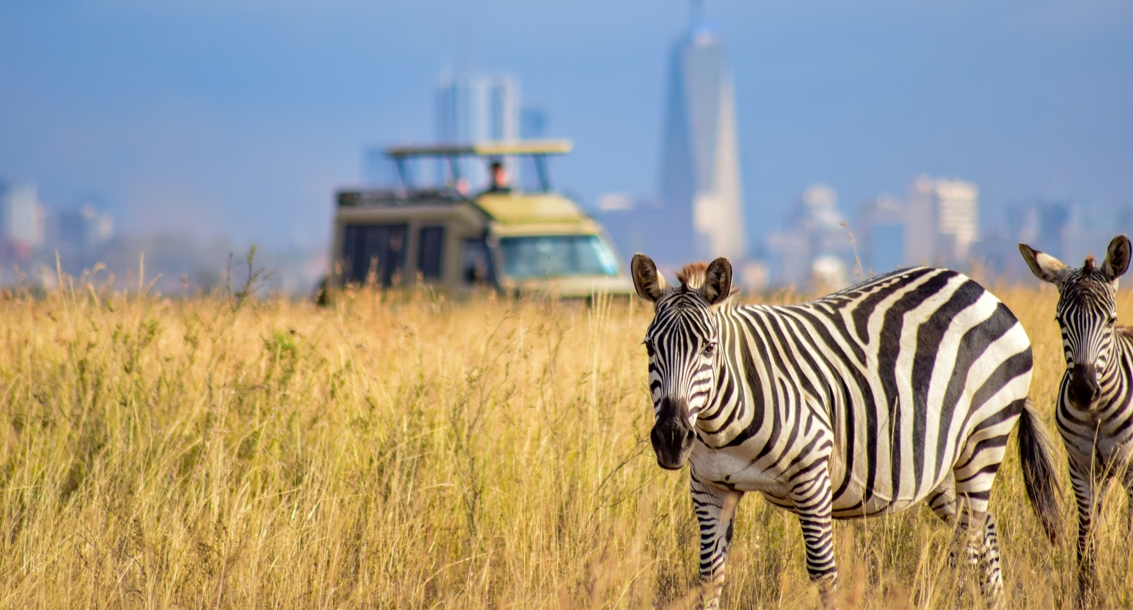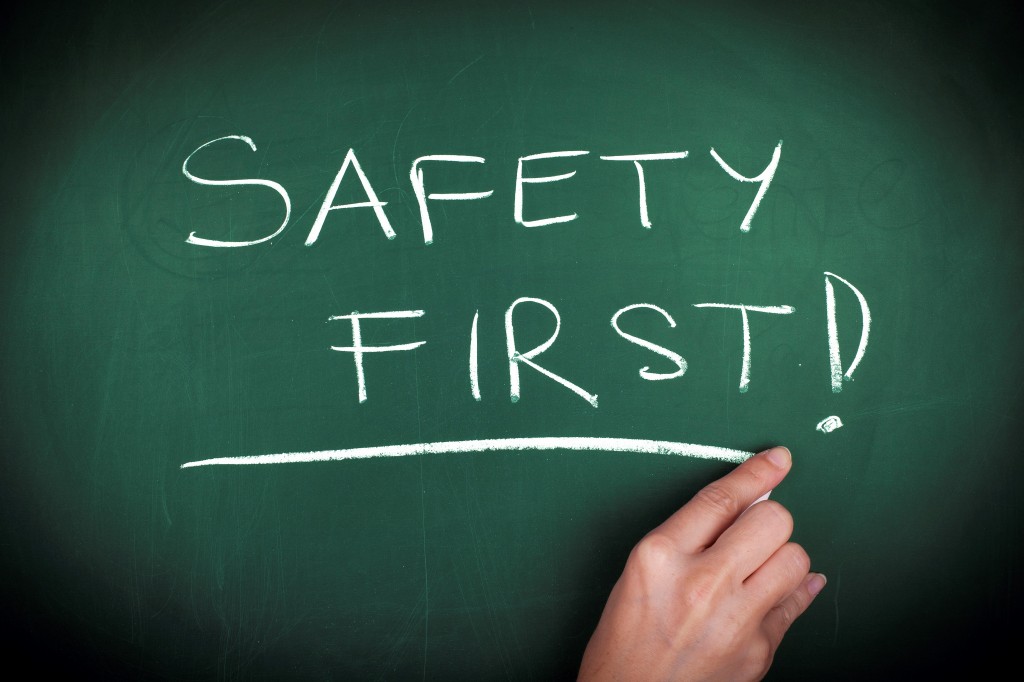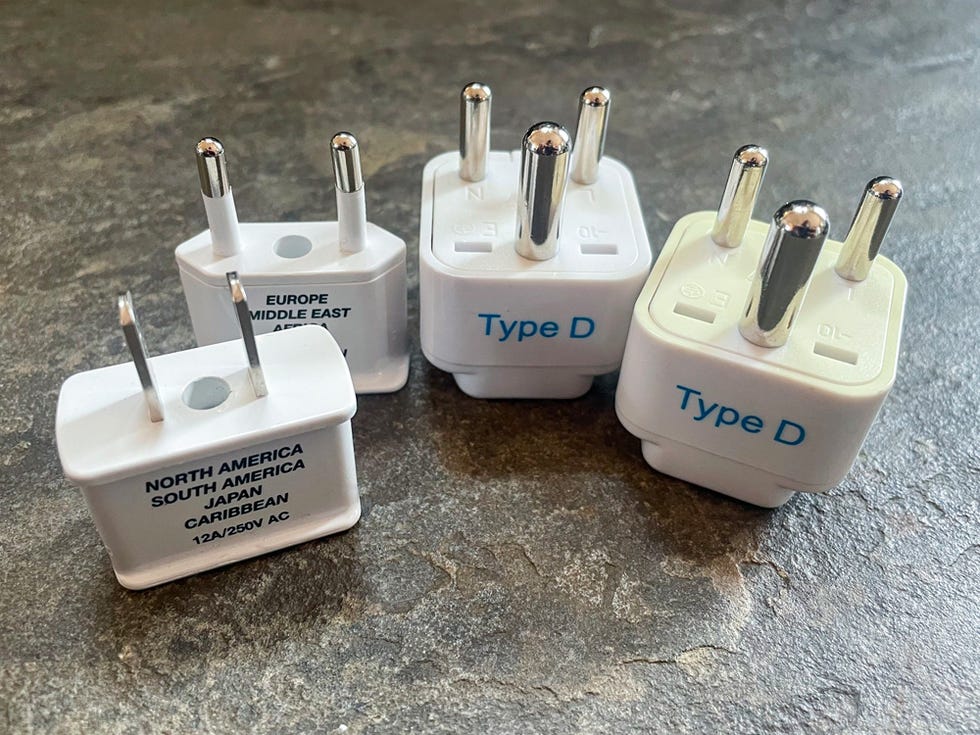
What to Know Before Visiting Kenya Safety Culture & Travel Tips
What to Know Before Visiting Kenya, Safety Culture & Travel Tips, Kenya is one of Africa’s most beautiful safari destinations, attracting travelers from all over the world. It is a dream location for many because of its breathtaking landscapes, unique wildlife, and welcoming people. From the vast plains of the Masai Mara National Reserve, famous for the Great Wildebeest Migration, to Mount Kenya, Lake Nakuru National Park, and many other iconic sites, Kenya offers unforgettable experiences for every traveler.
If you are visiting Kenya for the first time, there are important things you need to know before your trip. Preparing well ensures your journey is safe, enjoyable, and stress-free. Below are the key tips and travel guidelines every visitor should keep in mind before setting off for a Kenyan safari adventure.

Personal Safety Rules While Visiting Kenya
Safety is the first thing every traveler should think about when planning a safari in Kenya. Like any other country, Kenya has areas that are safer than others. By following a few simple precautions, you can enjoy your trip without worry.
-
Carry a copy of your passport at all times Keep the original locked safely in your hotel room or lodge and carry a photocopy or digital copy with you. This helps in case your passport is lost or stolen and can serve as proof of identity.
-
Avoid wearing flashy clothes and jewelry Expensive items such as gold chains, watches, or luxury gadgets attract unnecessary attention and may tempt petty thieves, especially in busy towns or crowded markets.
-
Stay alert in public spaces Like in any major city, pickpockets may operate in crowded areas. Keep your belongings close and avoid displaying valuables openly.
-
Respect cultural and religious norms Kenya is a multicultural country with both Christian and Muslim communities. Dressing modestly in towns and especially around religious sites is highly recommended. Women should avoid wearing very revealing clothes in such areas.
By practicing these simple safety measures, you protect yourself and ensure a peaceful safari adventure.
Practicing Safe Travel if You Are Alone
Traveling solo in Kenya can be exciting, but it also requires extra caution. If you are a solo traveler, especially a woman, it is important to follow safe travel practices.
-
Join group tours or safaris Instead of exploring completely alone, book organized safaris or connect with fellow tourists. Group travel not only provides safety but also makes your trip more fun since you share experiences with others.
-
Avoid traveling at night Moving around late at night in unfamiliar areas is not recommended. Always return to your hotel, lodge, or camp before dark unless you are with a trusted guide.
-
Use trusted safari guides and drivers If you need to move around, always go with your safari guide or driver. They know the safe routes and best practices for travelers.
-
Inform someone about your plans Let your hotel staff, safari guide, or a friend know your movements, especially if you are heading out for day trips.
Solo travel in Kenya can be rewarding, but taking these extra steps keeps your experience secure.

Carry a Travel Adapter for Electronics
Electricity in Kenya is reliable in most towns, safari lodges, hotels, and restaurants, so charging your devices will not be a challenge. However, the plug sockets in Kenya are different from those in many other parts of the world.
Kenya uses the British-style three-pin plug system (Type G). If you are coming from countries that use a different plug type, you will need a travel adapter. Carrying one ensures you can charge your phone, camera, laptop, or other essential devices at any time without difficulty.
A universal travel adapter is always a smart choice since it works across many countries and can be reused for your future trips.
Use a Travel Guide to Learn About Kenya
First-time visitors to Kenya benefit greatly from hiring a safari guide. Local guides are knowledgeable about the country’s wildlife, culture, history, and hidden attractions. They make your experience richer by sharing insights that you may not easily find in books or online.
-
Cultural learning Kenya is home to diverse tribes, with the Maasai and Samburu being the most famous among tourists. A guide can help you interact with local communities, explain their traditions, and show you how culture is passed down from generation to generation.
-
Wildlife knowledge Guides are also experts in wildlife behavior. Whether you are on a game drive in the Masai Mara or bird watching in Lake Nakuru, your guide will help you spot animals and understand their natural habitats.
-
Safety tips Safari guides know the areas that are safe and those that may not be suitable for tourists, such as certain slum regions or crowded urban spots. By following their instructions, you reduce the risk of running into trouble.
Listening carefully to your guide not only makes your safari more enjoyable but also keeps you safe.
General Travel Tips Before Visiting Kenya
In addition to safety, solo travel, and cultural awareness, here are more tips to make your trip smooth:
-
Health and Vaccinations Before traveling, consult your doctor about vaccinations such as yellow fever, typhoid, and hepatitis. Carry anti-malarial tablets since malaria is present in many parts of Kenya.
-
Travel Insurance Always take comprehensive travel insurance that covers medical emergencies, lost luggage, and trip cancellations. Safari activities, including game drives, are safe but having insurance provides peace of mind.
-
Currency and Payments The local currency is the Kenyan Shilling (KES). While credit cards are accepted in many hotels and lodges, it is wise to carry some cash for local markets and small shops.
-
Language English and Kiswahili are the official languages. Most Kenyans in tourist areas speak good English, so communication is not a problem. Learning a few Swahili words like “Jambo” (Hello) or “Asante” (Thank you) makes your interactions even more enjoyable.
-
Best Time to Visit Kenya can be visited year-round, but the dry seasons from June to October and December to February are best for wildlife viewing. July to October is especially popular because of the Great Wildebeest Migration in the Masai Mara.




